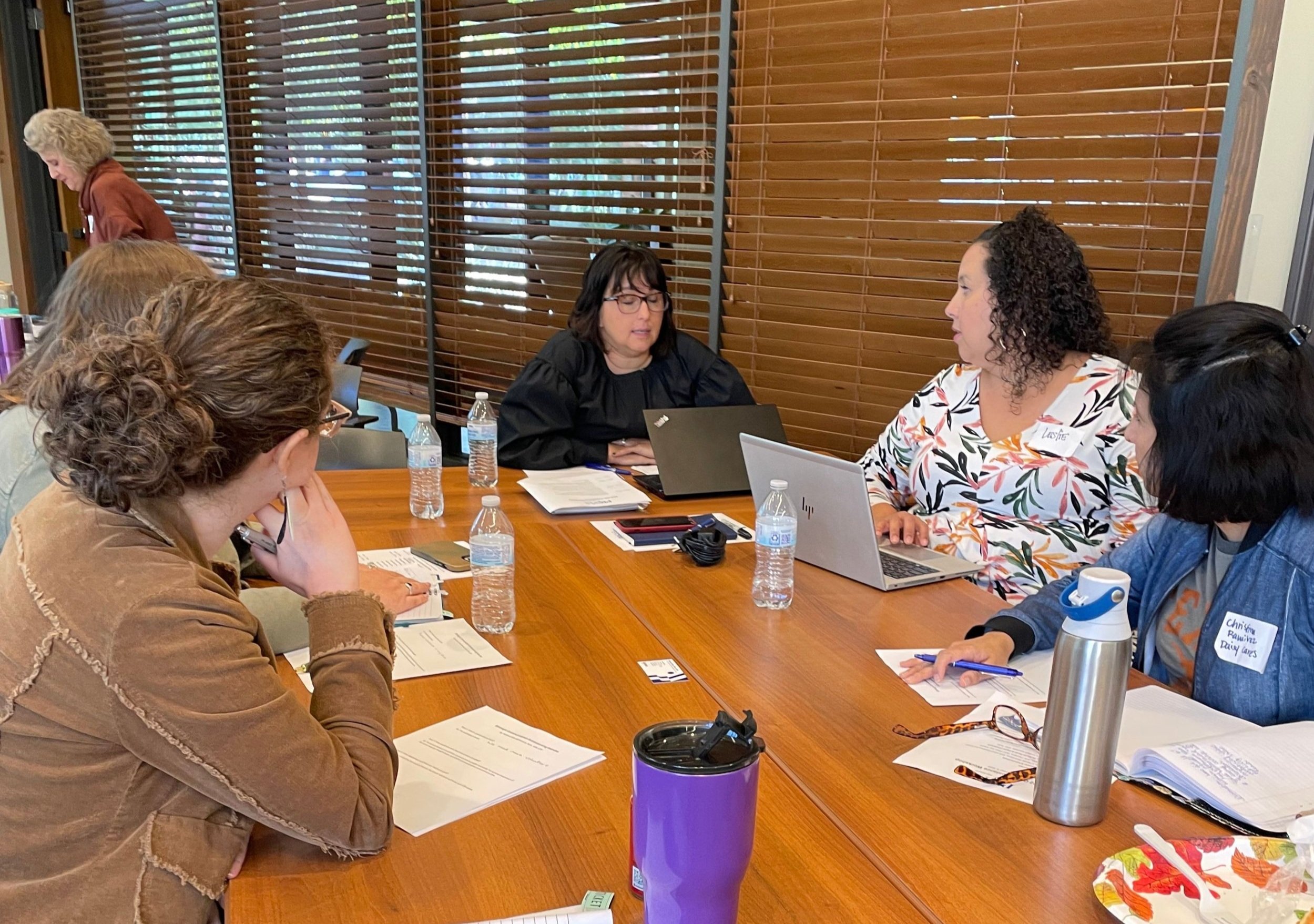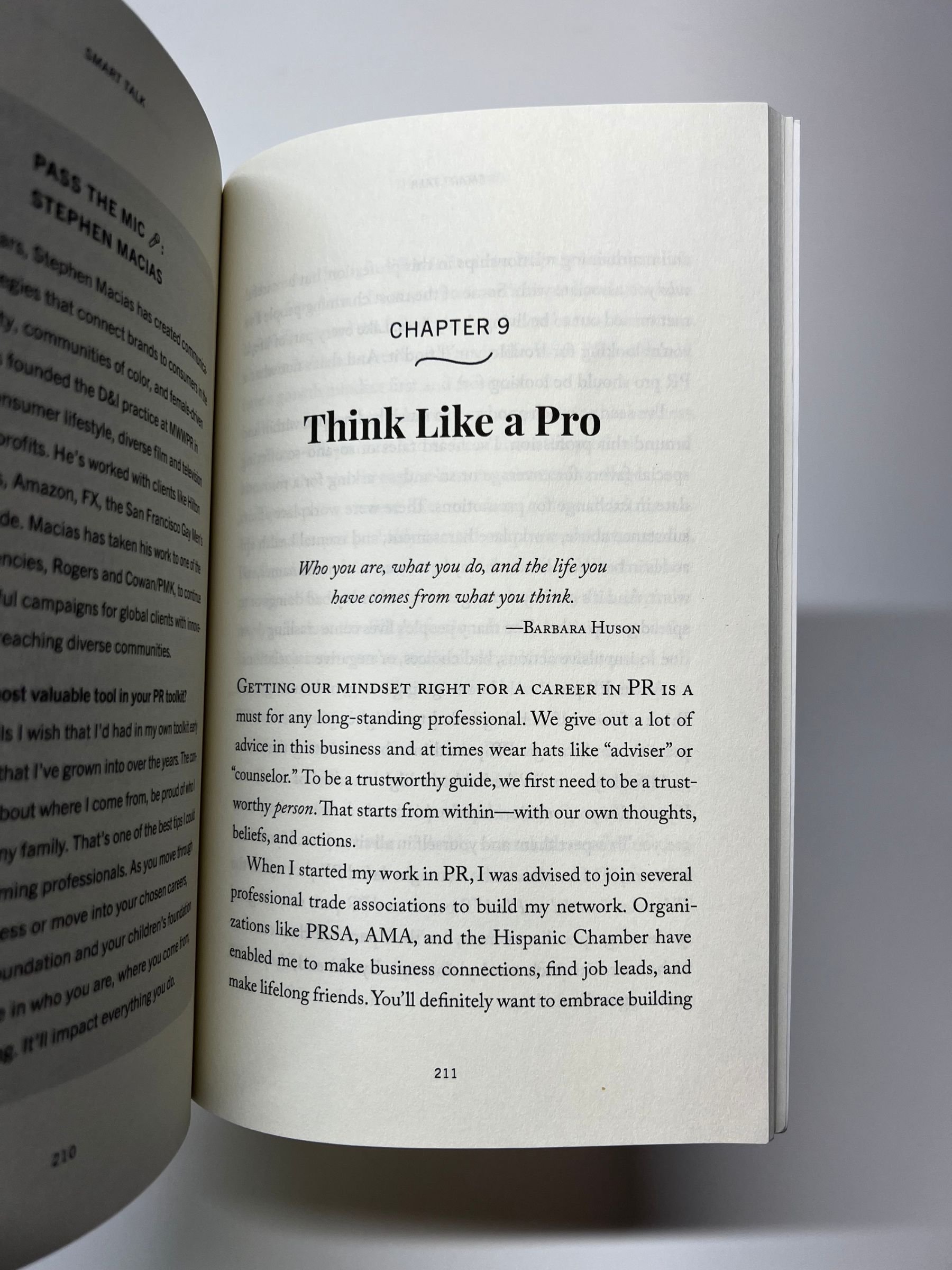Book Sneak Peek: Thinking Critically & Planning for a Crisis
I value the feedback I’m getting from readers of my book, Smart Talk: Public Relations Essentials All Pros Should Know. If you know me, I want to share everything I can about a topic. Sometimes all at once! In that spirit, some of the fan favorites from each chapter will be shared in this Sneak Peek blog series. Read on for a gem from each chapter.
In Chapter 9, “Think Like a Pro,” I discuss the situations that taught me to think like a pro. Have you heard of crisis communications? Are you prepared to think critically in critical moments? Read this excerpt with tips on critical crisis communications and critical thinking below. For more important details, order your own copy on Amazon or purchase an autographed copy here.
Plan for a Crisis
Uncertainty? That’s something PR pros have to get used to. Issues and crises pop up often in the workplace, and it’s often our job to communicate about them. A PR pro can lead the way through all kinds of scenarios with effective communication. As a colleague of mine put it, an issue is like leaking gas. A crisis is like an explosion. Try to stop the small leak quickly before things get worse. First, consult with your leaders to determine the best way to stop the issues while causing the least amount of damage to the organization and its stakeholders. Then think through how best to communicate what’s happened, how you addressed it, and future steps. Write that out in a short paragraph to be used as a statement if needed and broken up into talking points for spokespeople. Crisis communication, a strategic way to communicate during a threat to the reputation or well-being of an organization, is a discipline and specialty in its own right. Study up on it throughout your career. You will have the resources you need to productively deal with crises if you follow the PR principles, build relationships with senior PR pros who can advise you, and keep learning.
Think Critically
Critical thinking skills are a must for PR practitioners. We need to be able to make logical and informed decisions. Knee-jerk reactions and impulsivity are liabilities for our organizations and for us. The saying “trust, but verify” is used a lot, but I recommend you verify, then trust.
I once had a boss who made me feel like a Debbie Downer whenever I questioned an idea. I was asked not to “rain on the parade” with my questioning. It wasn’t my intention to kill the enthusiasm around a new idea. It felt like my duty to ask the hard questions so that we didn’t run into a hard situation later. It’s your duty, too. Don’t accept everything you hear, read, see, or are told as the truth. It’s beneficial to double-check, ask questions, and get things in writing (or document them yourself). Be curious and kind about it, but do your research. Discuss the “what if” scenarios, and fill in any blanks. Find what’s relevant, and identify what’s skewed by bias or opinion; then ensure any new situations are strategically stepped through. Asking questions like these can help:
Where is the data coming from? Is that a trustworthy source?
What seems to be the cause of this situation?
What background information or context are we missing?
How can we prove what we want to say?
What are we missing?
Despite what someone may tell you, it’s best that we think critically about situations. It’s better for us to poke holes in things before stakeholders or reporters do.
—
For more guidance, other PR pro’s opinions, important real-world key terms and hard-learned lessons, get your copy of Smart Talk: Public Relations Essentials All Pros Should Know. Audiobook now available!



